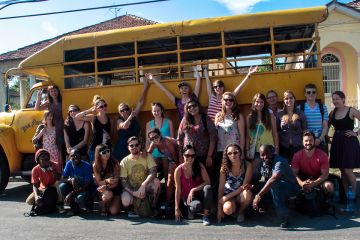Cuba Field School: Off the beaten track
- Anne MacLaurin
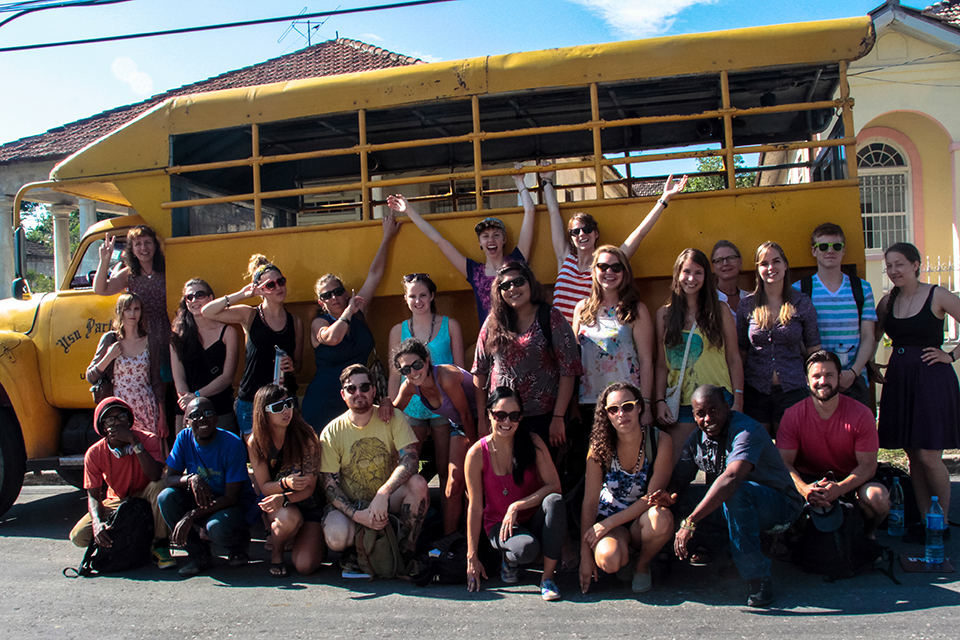
How do you really live a field school experience? According to 23 UVic anthropology students, you start by going off the beaten track for 30 days in Cuba, the biggest island in the Caribbean. Some of our students created original media projects about their experiences.
“We did not simply talk about Cuban culture in a classroom,” reflects Jenny Francoeur, a participant from the earlier field school in 2014. “Rather, we were invited to experience firsthand the dances, music and food we learned about through workshops, tours, dance classes and concerts.”
Witnessing change through ethnographic anthropology
“Cuba is a country undergoing rapid transformation,” says UVic anthropologist and field school instructor Alexandrine Boudreault-Fournier. “The field schools are an opportunity for students to capture some of that change through ethnographic anthropology, as they witness the shifting beliefs and cultural patterns of a country with a very rich history and social background.”
Boudreault-Fournier has led two UVic Cuba ethnographic field schools (in 2014 and 2016) and a third is planned for May 2018. She says field schools offer students a unique opportunity to explore research techniques such as data collection, observation, participant observation, interviewing and theoretical reflection while being immersed in a different linguistic and cultural context.
“Anthropology is an empirical discipline,” says Boudreault-Fournier. “Anthropologists develop long-term relationships and investigate their research interest during sessions of fieldwork.”
Exceptional opportunities for undergrads
“This field school has been the most influential experience in my university experience to date,” says Lydia Toorenburgh, a 2016 participant. “We engaged in original, primary ethnographic fieldwork; this is an exceptional and rare opportunity for an undergraduate student.”
During the Cuban field schools, students experienced an intensive month of ethnographic field work using cameras, video and sound equipment. The students lived with families in the area and shared everyday experiences. In the second field school, students acquired concrete research skills and produced an original media project based on their own research.
Film, photos, soundscapes and graphic novels
The students worked in collaboration with Boudreault-Fournier’s research project, funded by an Insight Grant from the Social Sciences and Humanities Research Council, exploring media infrastructure in Cuba. They selected a topic in relation to the research project, then interviewed and filmed participants from the region. Working in teams, the students worked with Boudreault-Fournier and Oikos Experimental, a team of four dedicated young Cubans all from Santiago de Cuba, to produce audio-visual films, photo series, soundscapes and graphic novels – all on topics that grabbed their interests.
“Our creative works were produced and finalized in Cuba and then screened for the community,” says Aviva Lessard, a 2016 participant. “This event taught us the clear necessity of giving back to the community where you conduct research and making sure they participate in your findings and benefit from them.”
As one student remarked, “Dr. Boudreault-Fournier cultivated and maintained a responsible, respectful, supportive environment for the students and for all community members…she has extensive knowledge of the culture, the country and the people and made herself unwaveringly available for students who needed support whether it be for academic, personal or health reasons.”
According to Boudreault-Fournier, the third field school will take place in 2018 during the annual Conference of the Canadian Anthropology Association (CASCA) in Santiago de Cuba. It is yet another vital component of the UVic field school and another “once-in-a-lifetime” opportunity for our students.
Find out more
Contact Alexandrine Boudreault-Fournier to find out more about participating in the 2018 field school in Cuba.
Info on field schools in UVic’s anthropology department
Info for outbound studentsPhotos
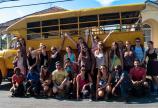
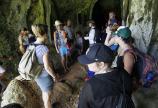
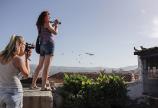
In this story
Keywords: cuba, field schools, anthropology, student life, international







